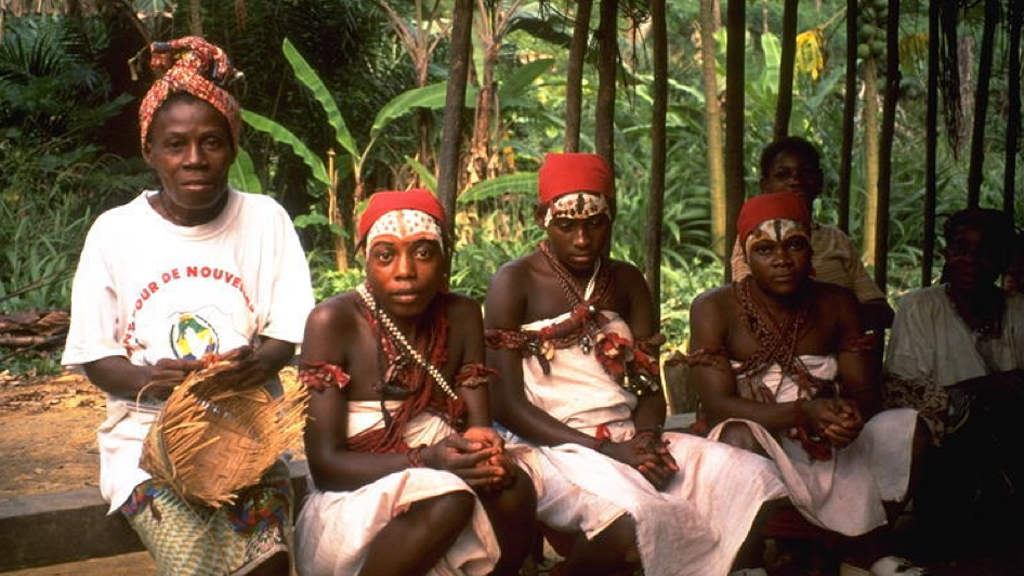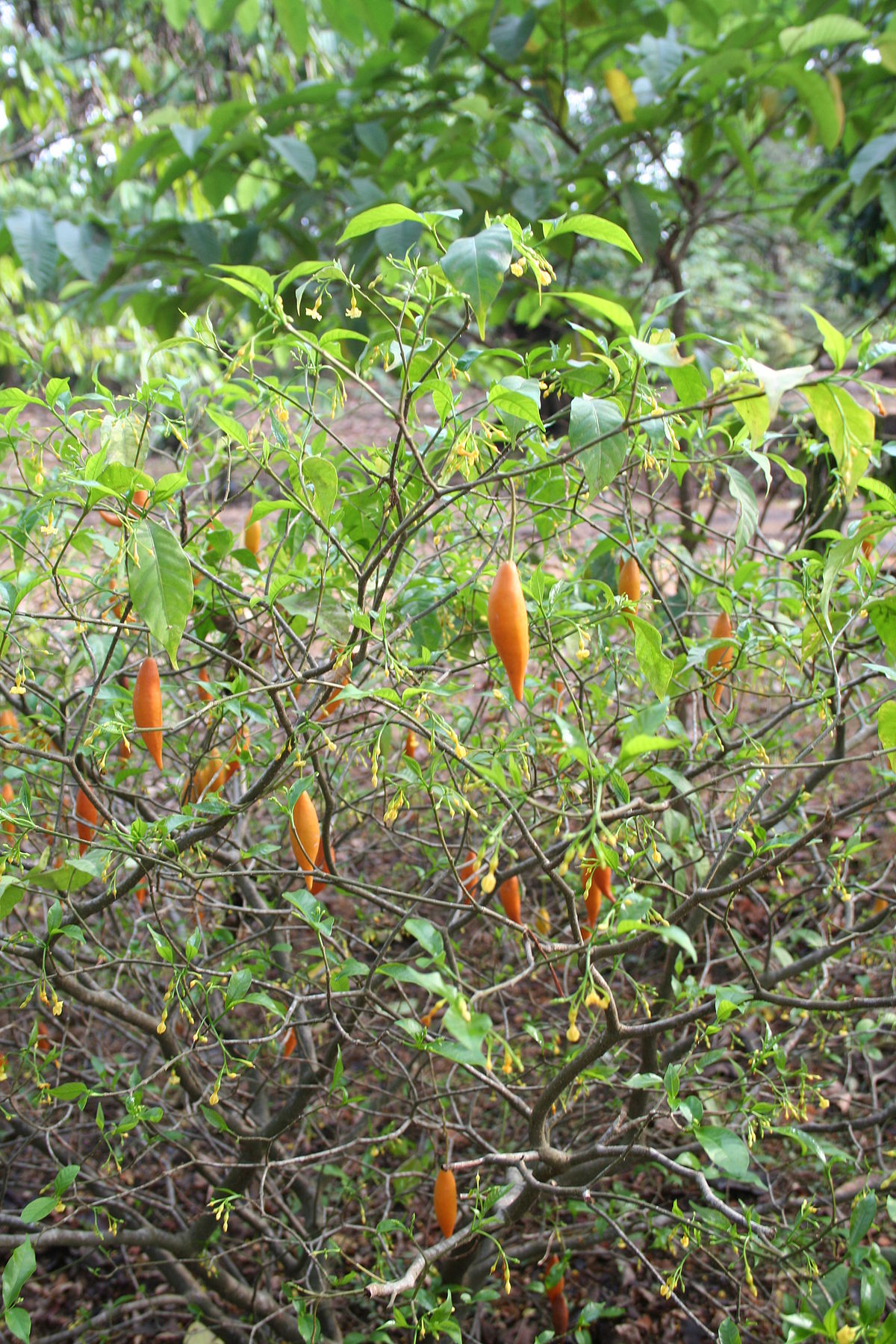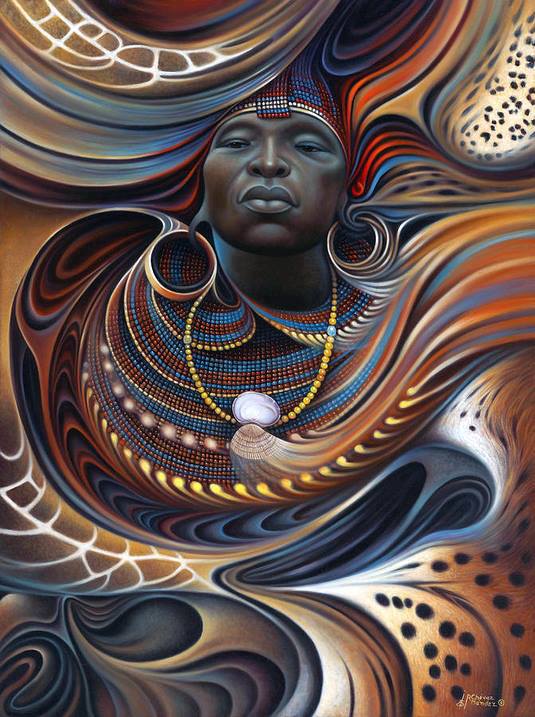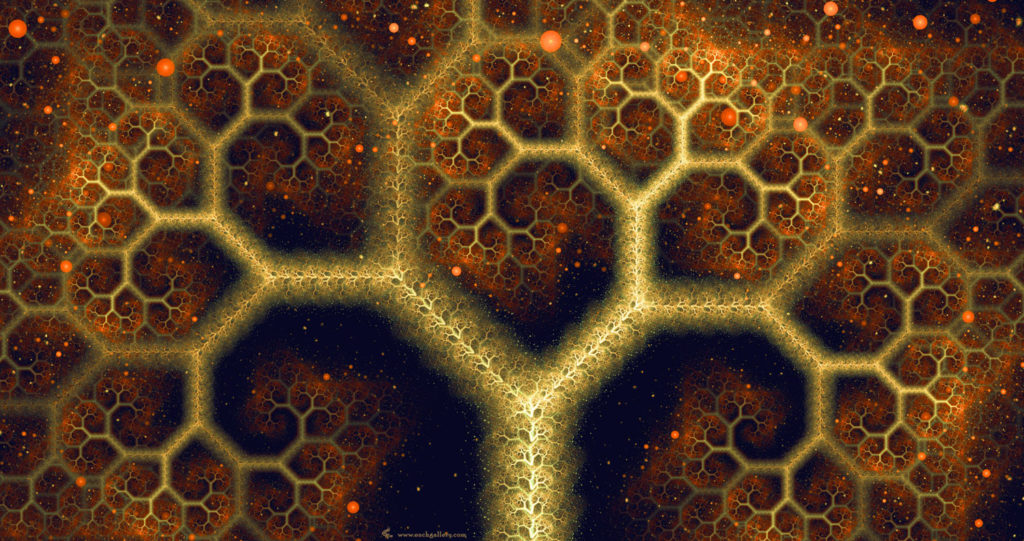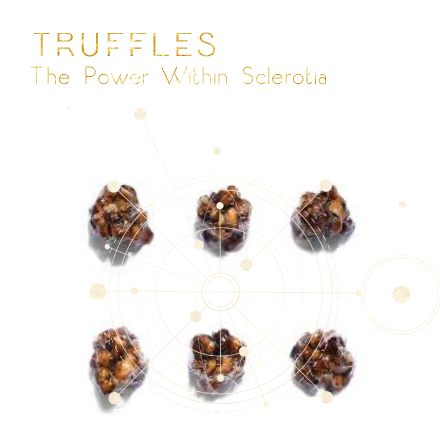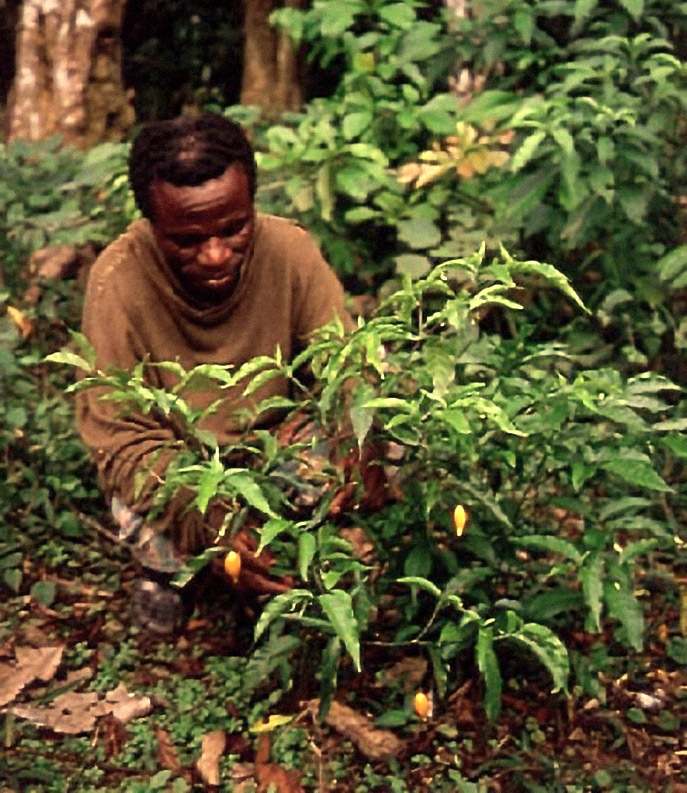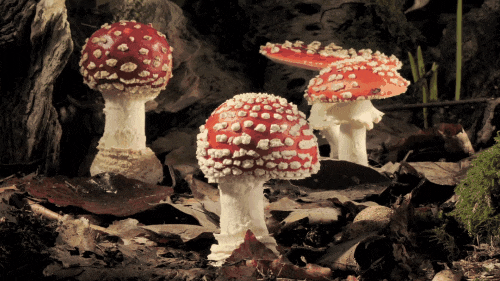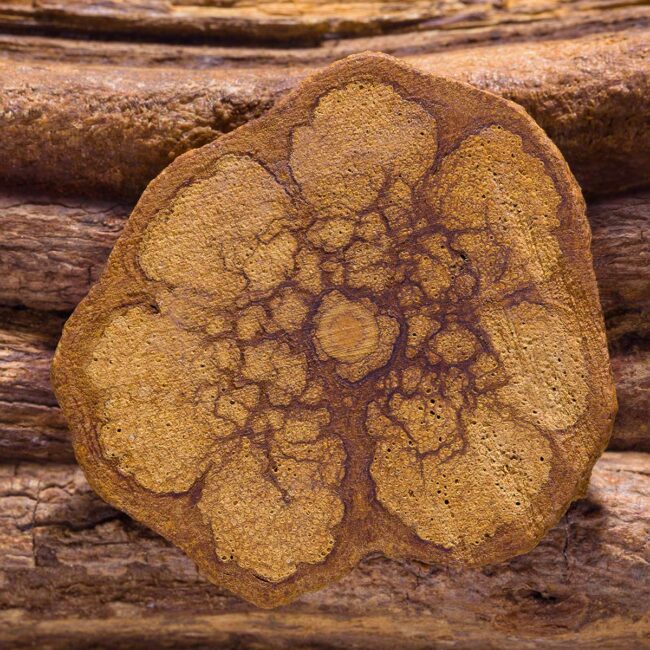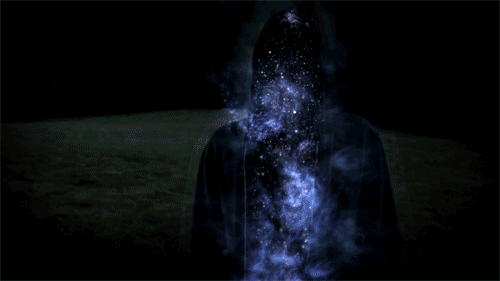Iboga
IBOGA, THE TREE OF WISDOM
Tabernanthe iboga, a shrub whose roots contain a potent psychoactive compound called ibogaine. Named after the tsogho word for “cure,” iboga grows in several Central African countries. But its strongest cultural ties are in Gabon, where an estimated 5% of the country’s 2.3 million citizens practice Bwiti.
The Iboga plant Tabernanthe iboga (Apocynaceæ) was first classified 140 years ago, although descriptions of it and samples of it were exhibited in France in the 1860s (Goutarel et al., 1993). In 1905 it was reported that the plant was ascribed stimulatory and even aphrodisiac properties. Its consumption held off fatigue, the need to sleep and provided energy to work. It was stated to have effects like alcohol but without affecting one’s reasoning. Too high a dose led to a special type of drunkenness, with a certain degree of muscular contractions and convulsions.
The alkaloid ibogaine was first isolated from the plant and named by Édouard Landrin in 1900, although the first method for its extraction was published the following year (Dybowski and Landrin, 1901). In the immediate period following, Landrin and colleagues conducted extensive animal experiments on ibogaine’s effects on the circulatory, respiratory, nervous, and muscular systems. The results of these investigations, together with extensive botanical and chemical descriptions, were published in a monograph (Landrin, 1905). Landrin recorded that the possibility of iboga and ibogaine having potential for use in therapy was being discussed among medical circles.
The main uses suggested were as: a neurasthenic, a cardiac regulator, and for stimulating nutrition. However, its abuse by some was noted. Most of these aspects are still a feature of investigations and research today.
Roots of Tabernanthe iboga are prepared as a narcotic of social importance, especially in Gabon and Congo, where it is used as a powerful stimulant and aphrodisiac, as well as employed ritualistically in hallucinogenic doses.
Ibogaine is an indole alkaloid extracted from T. iboga with reputed antiaddictive properties. A remarkable aspect of this drug is its apparent ability to eliminate withdrawal symptoms and drug-craving for extended periods of time after a single dosage, as indicated by anecdotal reports and uncontroled clinical data, somewhat supported by animal studies. Although the mechanism of action of ibogaine remains to be clarified, it has been shown that ibogaine acts upon various neurotransmitter systems. Glutamate, the main excitatory neurotransmitter in the mammalian CNS, is believed to play important roles in several physiological and pathological processes.
Iboga’s effectiveness lies in its ability to open the floodgates of repressed memories, which return to an addict’s consciousness in the form of hallucinatory visions. This process is followed by a period of intense introspection and insight. The experience is called “oneirophrenic,” referring to a lucid dream state. Technically, the experience is not considered hallucinogenic since the individual remains aware of their surroundings and recognizes the hallucinations as internal projections.
The hallucinations can last from 7 to 12 hours, and the introspective, subjective part of the experience typically begins during the following 24 hours after the visions have subsided. During this time, the full experience can be cognitively integrated into a new perception of one’s personal narrative, which can continue to evolve for months after the treatment.
Body
· It can reset the dopamine and serotonin reward circuitry that has been depleted by these drugs.No other substance is known to be capable of this. In addition, ibogaine can remove all traces of drugs from your body, leading to a complete body and mind detox.
· Improve mindfulness, mood, and emotional regulation.
· Depression, anxiety, and stress significantly decreased.
· Used in alleviation in post-traumatic stress disorder (PTSD).
· A pure and natural complementary aid towards releasing addictive behaviors like alcohol, tobacco, controlled substances, food, relationships, sex,…
· Another one of the many benefits of ibogaine it that, once it is metabolized by the liver, it will continue to be present in your system for some time in the form of a metabolite called noribogaine. In doing this, it provides a window of three to six months during which you can make the necessary changes in your new, sober life to make sure it stays that way. During this period, ibogaine helps to prevent the prolonged depression that frequently follows any comprehensive detox.
Mind
· Helpful for enhancing cognitive performance.
· Memory-boosting effects, an improvement in problem-solving ability.
· Increase vivid dreaming and clarity throughout the day.
· For drug addiction treatment, ibogaine should only be taken under the direct supervision of a trained medical professional. The Global Ibogaine Therapy Alliance recently established criteria that require a physician’s assessment before a patient can undergo treatment.
Soul
Like many psychedelics, iboga has traditionally been used in ceremonial and religious contexts to connect the user to a higher level of spirituality and a deeper understanding of the self. This usually comes about due to the personal insights gained in the egoless state that iboga can produce—people often receive powerful insights into the personal issues they’re facing and feel a greater connection to the world around them. In this context, iboga can help spark personal growth in myriad forms—it’s helped people deal with depression, anxiety, PTSD, indulgent behaviors, and much more.


